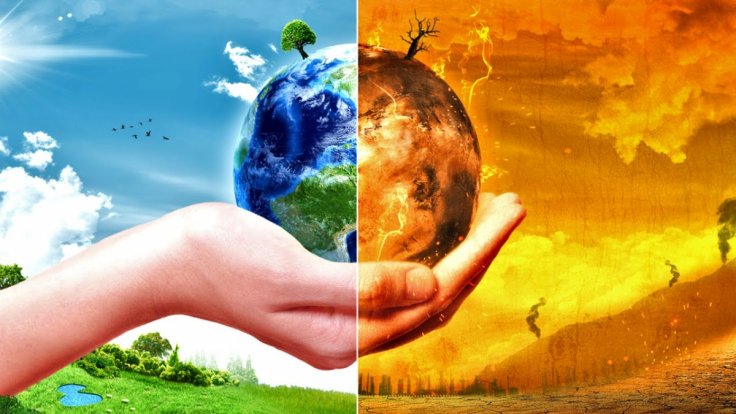
Renowned English broadcaster and naturalist Sir David Attenborough has warned that humans have very less time to stabilize earth which is now witnessing drastic climate changes.
While speaking at the World Life Fund's (WWF) State of Planet Address, Attenborough urged global cooperation to solve issues like population growth, climate change and the management of oceans to protect the planet from further damages.
"Now for the first time in 12,000 years we must face an unstable and unpredictable planet at exactly the time we are placing our greatest demands on it. We can still stabilize our planet once more. But there's not much time. It will require significant global co-operation on issues like population growth, climate change and the management of our oceans," said Attenborough, Express.co.uk reports.
Attenborough also added that consumption of meat products should be reduced drastically to combat the increased issues related to global warming.
"We will need to confront difficult questions like meat consumption and the deployment of new technologies. For any of this to succeed, we will need most people on Earth to understand the challenges and see the value in taking action. That is a communication challenge rather than a scientific one," added Attenborough.
A few days ago, a climate change report released by the Intergovernmental Panel on Climate Change (IPCC), has urged people to consume less meat so that carbon dioxide emissions to the atmosphere can be reduced effectively. The study report also revealed various other ways to reduce atmospheric temperature that includes the usage of electric cars and extensive forest planting to absorb the carbon dioxide in the atmosphere.
Another report put forward by the National Academy of Sciences revealed that the world would be compelled to remove more than 10 billion metric tonnes of carbon dioxide from the atmosphere every year by 2050. The report also proposed the necessity of using latest technologies like 'direct air capture' to remove excess carbon dioxide from the atmosphere.








